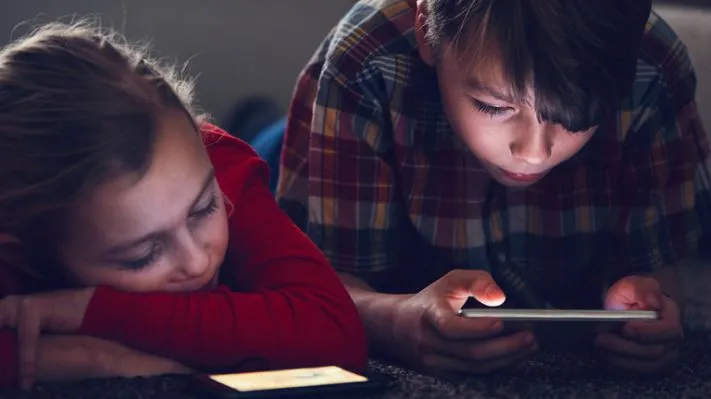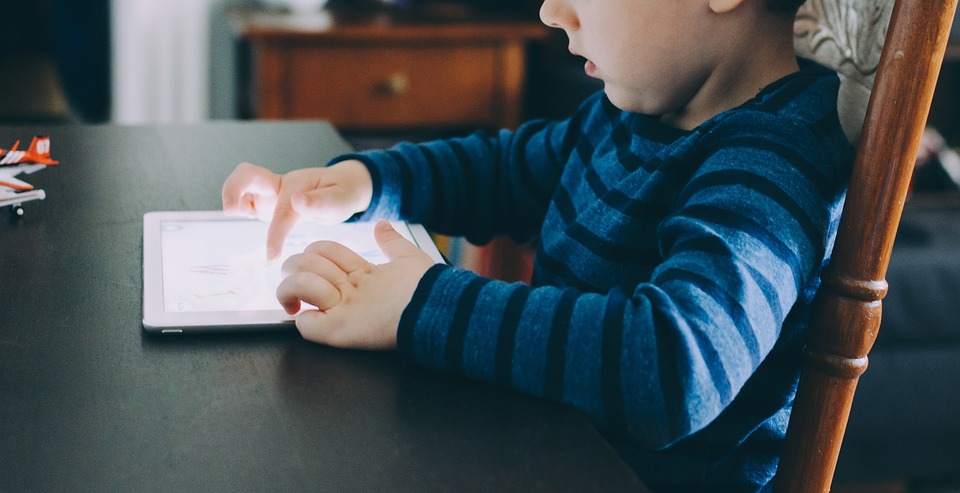Let’s admit it we are all guilty of letting the kids watch TV while we are cooking or giving them their i-pad while we are trying to have a nice dinner in a restaurant, we’ve succumbed to the age of digital babysitting – but at what cost?
Last year more than ever our kids have spent more time on-line learning, video gaming, researching and even celebrating birthdays and chatting to grandparents on-line but now how do we gradually wean them (and us) off this habit? Our constantly connected lifestyles rarely allow us to switch off. Our phones, laptops and tablets mean we can shop online, surf the net, check work emails, and scroll through social media anytime we like -including when we’re curled up in bed. And our kids watch us!
Our children are also increasingly being affected by too much screen time. Playing games on tablets, chatting with friends online, and watching TV in bed have all crept into the nightly routine.

The result of these constantly connected lifestyles? Many of us are becoming chronically sleep deprived. This in turn can negatively influence everything from our productivity and memory, to our stress levels, eating habits, and even our relationships.
Screen Time Harms Our Sleep
Our electronic devices emit something called ‘blue light’, which is the same wavelength of light as the morning sun. This tells your brain it’s time to wake up and stops the release of melatonin; the hormone produced by your brain in the evening to make you feel sleepy.
Such devices can also be a source of overstimulation and stress. Kid’s homework, work emails, scrolling through the news, online gaming, or watching a movie often leave us feeling alert and switched on, just when we should be dropping off. This has become a major problem for our kids who are often up until late completing homework or chatting online to friends. Many recent studies have confirmed that kids who get excessive screen time are experiencing delays in their development. Kids are watching screens instead of riding bikes, throwing a ball or interacting with friends, all of which are really important for helping kids thrive.

The result of these constantly connected lifestyles? Many of us are becoming chronically sleep deprived. This in turn can negatively influence everything from our productivity and memory, to our stress levels, eating habits, and even our relationships.
Screen Time Harms Our Sleep
Our electronic devices emit something called ‘blue light’, which is the same wavelength of light as the morning sun. This tells your brain it’s time to wake up and stops the release of melatonin; the hormone produced by your brain in the evening to make you feel sleepy.
Such devices can also be a source of overstimulation and stress. Kid’s homework, work emails, scrolling through the news, online gaming, or watching a movie often leave us feeling alert and switched on, just when we should be dropping off. This has become a major problem for our kids who are often up until late completing homework or chatting online to friends. Many recent studies have confirmed that kids who get excessive screen time are experiencing delays in their development. Kids are watching screens instead of riding bikes, throwing a ball or interacting with friends, all of which are really important for helping kids thrive.





